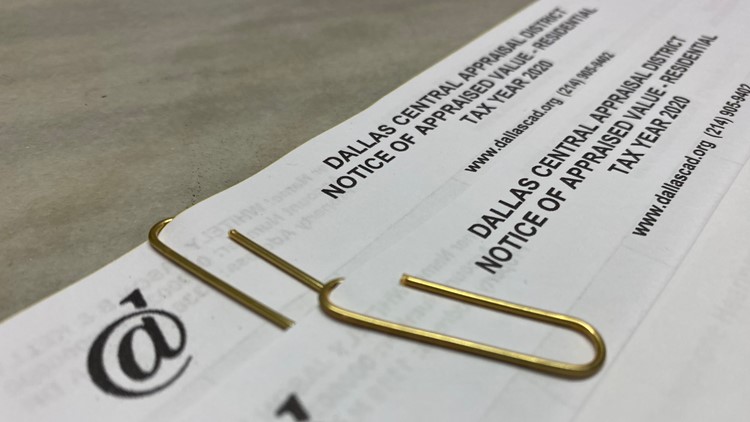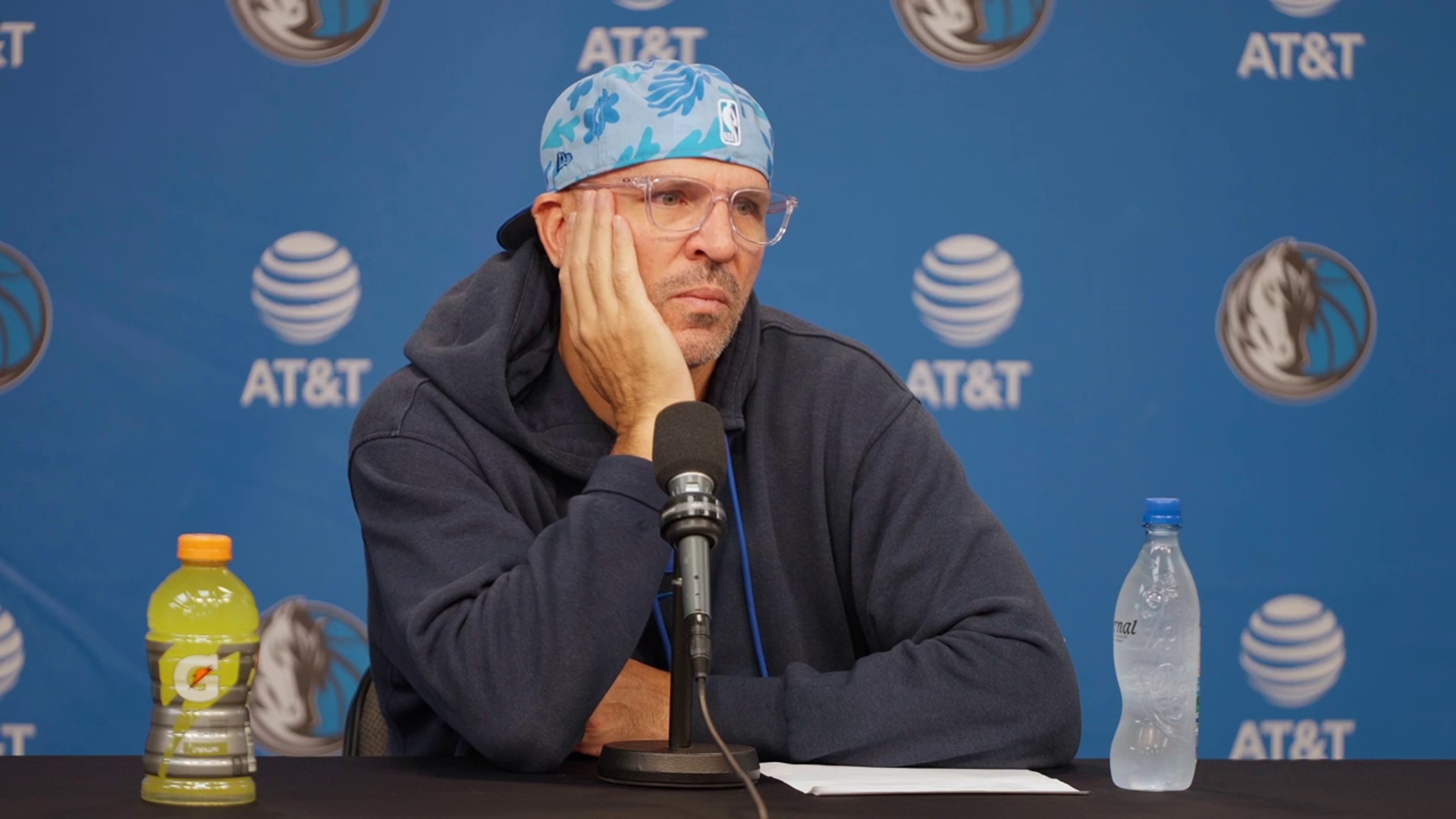DALLAS — After 90 minutes of debate on Wednesday night, Dallas City Council overwhelmingly rejected whether to even run the numbers and see what an 8% increase in property taxes would look like.
The failed resolution would have formally asked the county to calculate how much revenue Dallas would get from new appraisals if property taxes were raised by 8%.
Eleven council members voted against it. Three supported it.
Council Members Tennell Atkins, Adam Bazaldua and Jaime Resendez supported it by arguing that that they wanted it at least to be an option when the formal tax rate is set later this summer.
Like every city, Dallas faces a major budget shortfall in this pandemic since sales tax revenues are down. The city currently has a $25 million shortfall. Next fiscal year, the budget shortfall is forecast to be up to $143 million.
“Regardless of what you do today, we are going to present a budget that will have some service cuts,” warned Elizabeth Reich, the city’s chief financial officer. “In August, when we present the city manager’s budget, you will see some game changing things happening. That’s going to be necessary no matter what. What I’m not sure is whether it’s going to be palatable for everyone.”
RELATED: Right on the Money: Texas oil rigs down, unemployment up, space industry heading way, way up
“There will have to be a day of reckoning when it comes to services,” said City Manager T.C. Broadnax. “It is my expectation that the city council will probably not like those choices.”
Dallas has already furloughed 500 employees. Neither Broadnax nor Reich speculated on what cuts to city services would be made.
But whether to even formally run the numbers and see what an 8% tax increase would look like was not palatable for the majority on city council.
“It’s unsettling to me that before we’d talk about cutting the size of the bureaucracy around here or even things like salary cuts” the would consider raising the property tax rate, said Mayor Eric Johnson.
Johnson pointed out that far more applied for the mortgage assistance program than the city was able to help with $14 million in federal funds.
“I don’t think a tax increase discussion is even appropriate before we’ve cleaned up our own house,” the mayor added.
“We would be creating the next disaster for the city of Dallas,” warned District 12 Council Member Cara Mendelsohn. "Even thinking about an eight percent rate is so out of bounds. And to say that it’s another tool in the toolbox is to say you’re going to use that tool. I don’t have a concealed handgun license because it’s a tool I’m not going to use.”
“It is not the time to burden our residents with a tax increase,” said Council Member Jennifer Staubach Gates of District 13.
“We’re scaring the heck out of people,” said District 6 Council Member Omar Narvaez. "Even if we did eight percent, I don’t think we’ll come up with the funds we’ll need. We’re going to have to cut something.”
But Council Member Adam Bazaldua said he worried that most cuts will likely come to libraries and parks, which are services his constituents rely on.
“We’re nowhere near the end of this pandemic. The last thing I’d want to do is limit the tools in our chest,” he explained.
District 5 Council Member Jaime Resendez agreed: “It’s important we keep our options on the table. We need to think about systemic issues we can address.”
When asked how much the average homeowner would pay with an 8% increase, Reich said using last year’s values, it would be about $150. That is based on last year’s average home value of $303,000.
City taxes make up only part of the tax pie for Dallas residents. Like everywhere in the state, school taxes are the biggest portion of property tax bills. But city taxes account for about 27% of a Dallas resident’s tax bill.
Last year, the state legislature passed a law forbidding cities to grow their budgets by more than 3.5%.
Lt. Gov. Dan Patrick said he was infuriated that Dallas was even running the numbers on an 8% increase.
“When business owners are hard pressed to even stay in business, when people have lost their jobs, yes I know that the cities and counties are losing revenue. So are we at the state but we are not going to raise taxes at the state level,” he said.
RELATED: ‘All I ask is that those leading the public prayer be young men,’ Wylie mayor writes in email
Some things could change, Reich said. For example, if Congress approved more stimulus funds, that might help offset some of the shortfall. Dallas has already received more than $250-million in coronavirus-related stimulus funds.
Since City Council did not approve this tonight, Reich said the city would present council with a budget that grows by 3.5%.
City Council will formally consider at what amount to set the effective tax rate in August or September.



